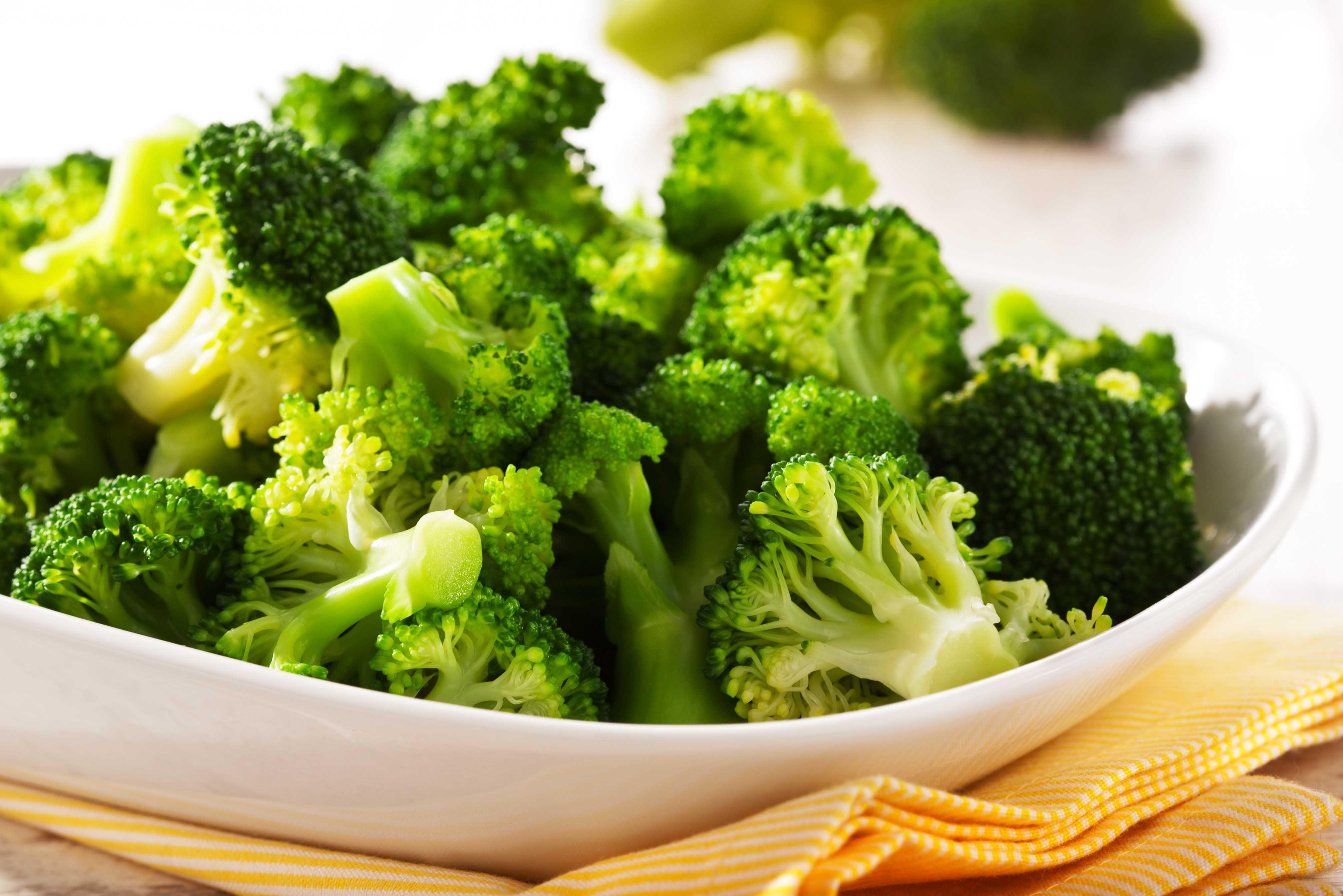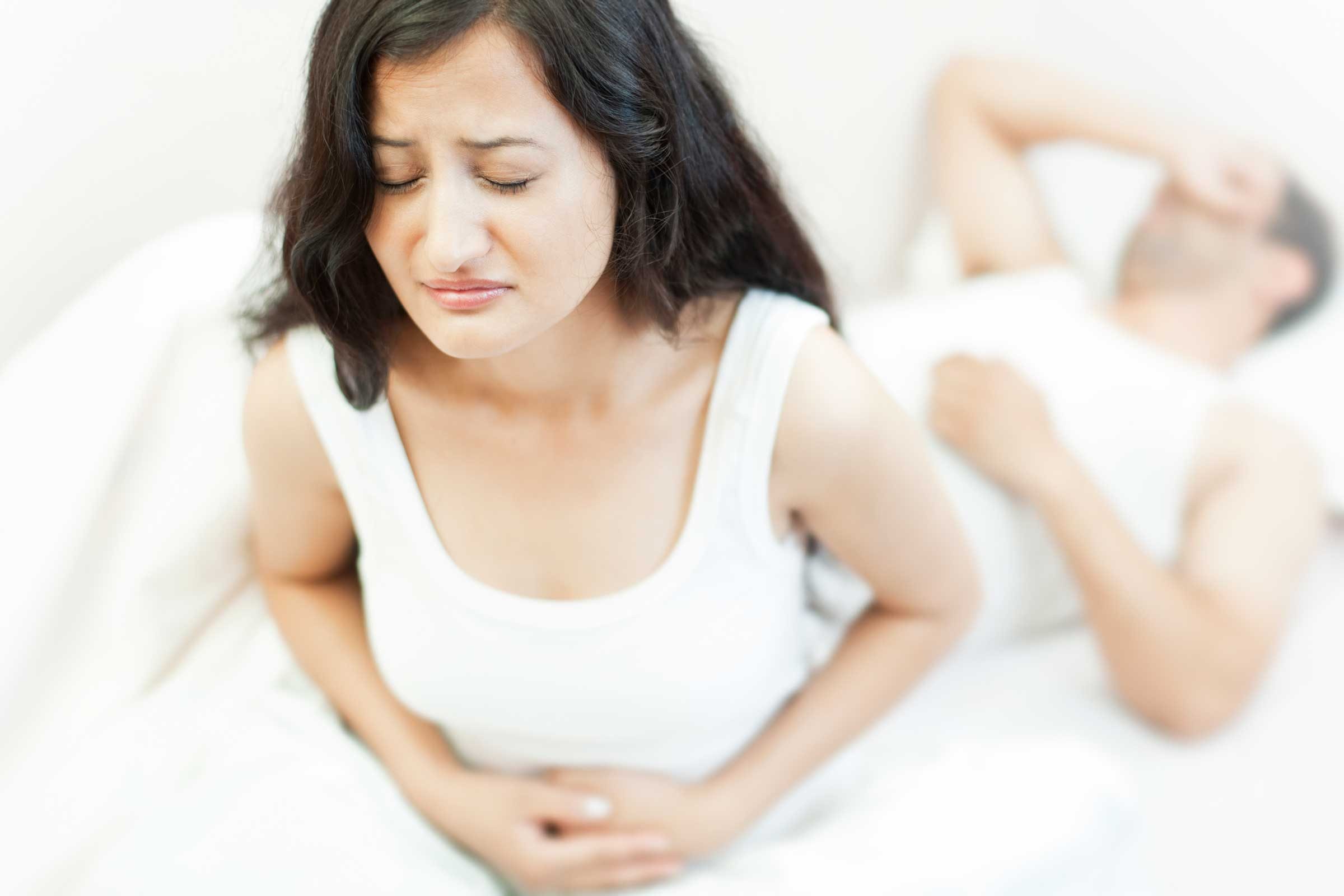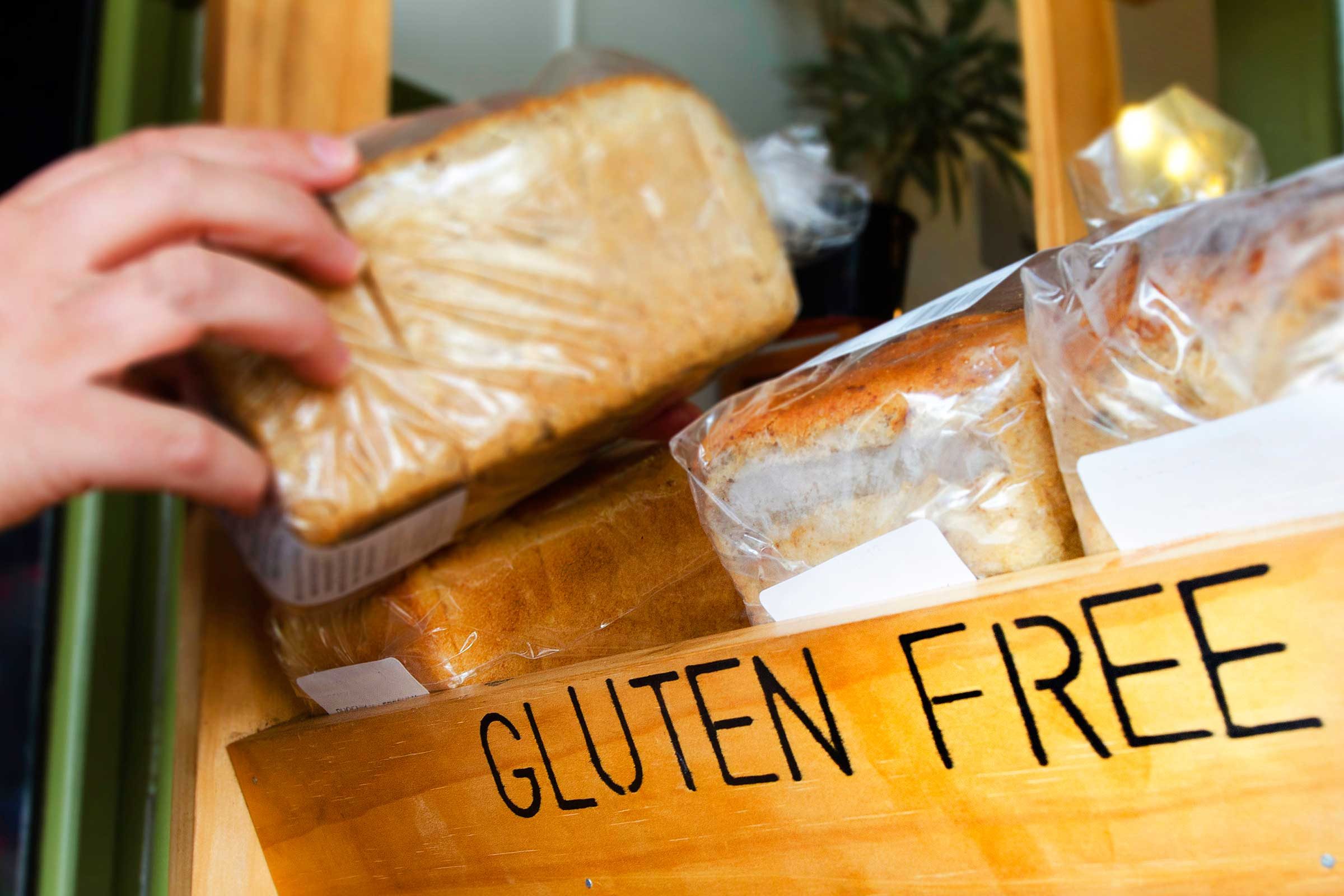Feel free to deny or walk away fast, but passing gas up to 20 times a day is completely normal. When your fart count goes higher, however, it could mean something else.
You always order the side of broccoli

Or you eat a lot of beans, cabbage,
cauliflower, Brussels sprouts, or bran—all good-for-you foods that
contain fiber, which keeps your digestive system moving, helps regulate
blood sugar and cholesterol levels, and keep your weight in check. The
less-than-ideal, somewhat-embarrassing, but can’t-help-it side effect:
you fart after eating. That’s because your stomach and small intestine
can’t absorb some of the carbohydrates—sugars, starches, and fiber—in
foods we eat. Notorious gas producers, like broccoli and beans, are high
in a kind of carb called raffinose. “When indigestible sugars like
raffinose reach the colon, the bacteria that inhabit that part of our
digestive tract feeds on them and produce gas as a byproduct,” explains
Rebekah Gross, MD, a gastroenterologist at the Joan H. Tisch Center for
Women’s Health at NYU Langone Medical Center. If it makes you feel
better, call it flatus—the proper way to say fart.
You eat too fast

It doesn’t matter if you’re inhaling broccoli
or a bowl of blueberries—the inhaling part is the problem. You swallow
air every time you eat or drink, so the faster you do it, the more air
you swallow. Burping typically gets the air out of your belly, but any
that remains finds its way into your lower digestive tract and, well,
comes out the other side. You may also swallow extra air when you chew
gum, suck on hard candy or drink through a straw.
Your gut bacteria is imbalanced

Think of your digestive tract as one long
muscular tube—food goes in the top and the muscle contracts to push it
along out the bottom. “Normally, the small intestines makes strong
contractions to sweep food into the colon,” says Dr. Gross. But
sometimes medications, infections, certain diseases (such as diabetes or
neuromuscular conditions) or complications from surgeries can interfere
with this “clearance wave,” says Dr. Gross, allowing bacteria to get a
foot-hold in the small intestine and overgrow, producing extra gas. Here
are 9 more unexpected reasons you’re gassy.
You have IBS

That’s short for irritable bowel syndrome, a
chronic condition that affects the large intestine. The coordinated
muscle contractions that keep food moving from your stomach to rectum
may be stronger, or last longer, with IBS—causing gas, bloating and
diarrhea. Or they make be weaker than normal, slowing things down to the
point of constipation. The nerves in your gut may also become extra
sensitive to the stretch and distention that gas causes in the
intestines, adds Dr. Gross, so you’ll feel more pain or discomfort. In
many cases, diet and lifestyle changes may provide relief: “Exercise,
for example, is critical for people with IBS, as it helps expel gas,”
says Dr. Gross. Following certain diets that limit gas production also
helps.
Drinking milk gives you “issues”

So does eating yogurt, cheese, and all else
dairy. Blame a little enzyme called lactase: it’s made in the small
intestine and responsible for breaking down lactose—a sugar found in
milk—into simpler forms the body can absorb. Low levels of lactase means
lactose gets into the colon undigested, where bacteria breaks it down
and your gas issues begin. Lactose intolerance is super common,
according to Dr. Gross; and it usually starts in adulthood, when lactase
production drops off sharply. These are 10 other surprising foods that cause gas.
You’re sensitive to gluten

No one can digest this protein found in wheat,
barley and rye, says Dr. Gross—but if you have celiac disease, eating
gluten actually triggers an immune response in your small intestine. The
reaction can cause a breakdown in the lining of the intestine,
affecting its ability to absorb nutrients; and the damage can cause
excess gas, diarrhea, and even weight loss. “People without celiac don’t
have these same changes to the small intestine, but still may get gas
and bloating in reaction to the gluten they can’t break down,” says Dr.
Gross. Researchers estimate that only 20 percent of people with celiac
disease may receive a diagnosis, according to the Mayo Clinic. If you
suspect a sensitivity to gluten or celiac disease, talk to your doctor.
Don't forget to opt-in to Our Healthy Living Society and get 3 free gifts while receiving the latest information on health, well-being and groundbreaking news about natural nutrition.

No comments:
Post a Comment